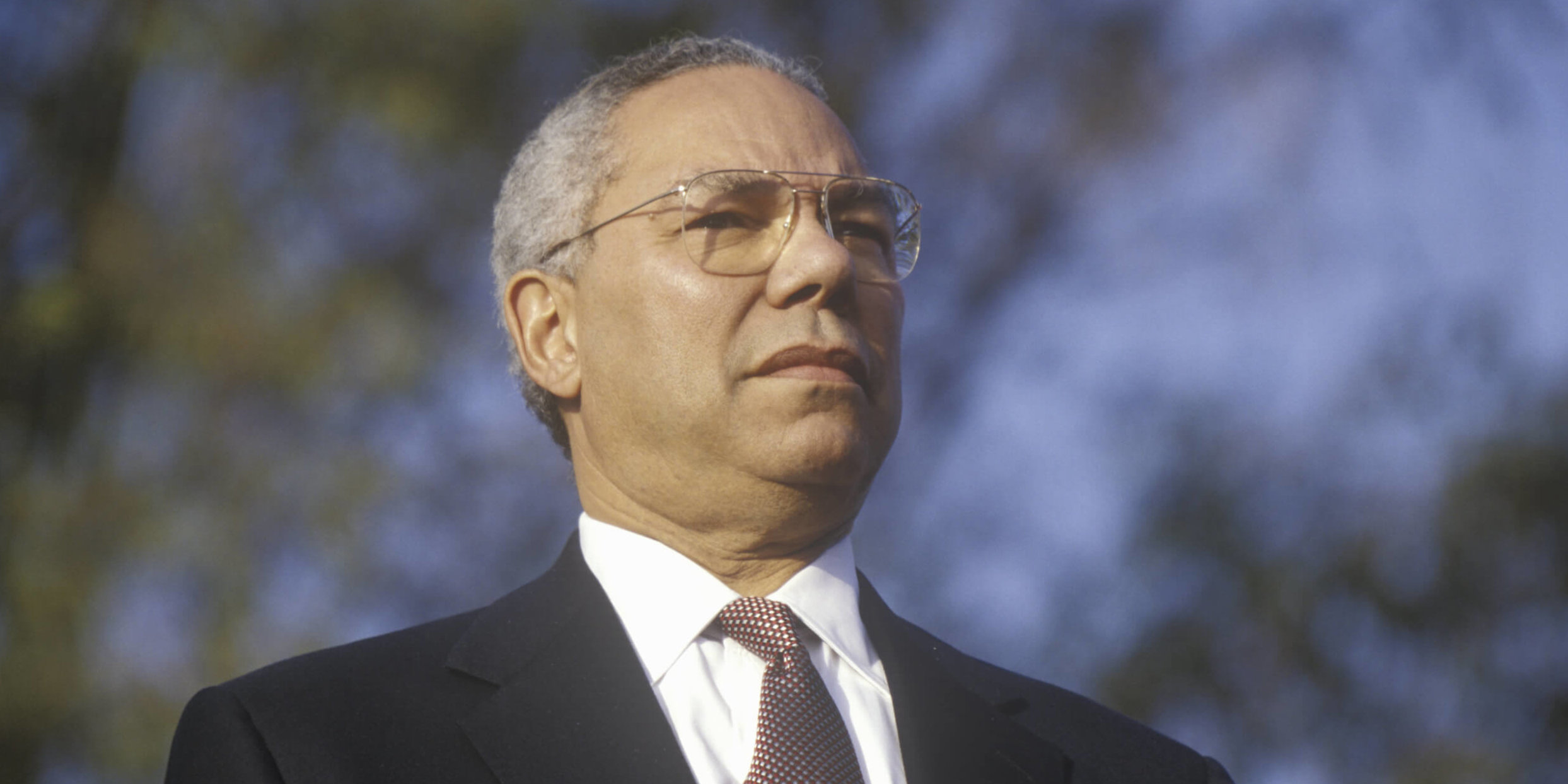Like many Americans, I was saddened by news of the passing of Colin Powell. Powell’s life story was shared widely this week in various obituaries and remembrances. The son of Jamaican immigrants, he grew up in Harlem. His hard work propelled him to prominent leadership positions. He went to City College of New York on an ROTC scholarship. He served two tours of duty in Vietnam—first in 1962 and then again in 1968. Twice wounded, Powell received two Purple Hearts, and earned the Soldier’s Medal and a Bronze Star for his gallantry. During his second tour, his helicopter went down, and he literally “tore at burning metal with his bare hands” to save his comrades. After Vietnam, Powell worked up the chain of command to become Chairman of the Joint Chiefs of Staff. He was present at the drawing down of the Cold War and played an essential role in reshaping American foreign policy. He became famous in the first Iraq War. His Powell Doctrine called for identifying clear objectives and using overwhelming force to achieve those goals. It defined America’s first post-Vietnam military engagement and included lessons learned from Vietnam. He would go on to become the nation’s first Black Secretary of State under President George W. Bush.
To be sure, Powell had his critics, and he had his own regrets. He privately opposed the second Gulf War and tried hard to convince President Bush not to engage. As Secretary of State, he played a key role in bringing allegations of the presence of weapons of mass destruction in Iraq and drawing a link from Al Qaeda to Saddam Hussein. Both proved to be wrong and were based on inaccurate assessments from the CIA and other members of the administration. A man of great character, Powell accepted responsibility for this error and called it one of his biggest regrets.
Powell described himself in an interview like this, “Powell is a problem-solver. He was taught as a soldier to solve problems. So, he has views, but he’s not an ideologue. He has passion, but he’s not a fanatic. He’s first and foremost a problem-solver.” The Powell that I most respected was a person who served this nation in an unselfish manner. He spoke earnestly and from the heart.
Powell also was well known for his 13 Rules of Leadership. This guide-to-live-by has appeared in a variety of forms in various publications, but the rules are so relevant that I periodically reflect on them in my own leadership role at Colorado Academy.
- It ain’t as bad as you think. It will look better in the morning.
- Get mad, then get over it.
- Avoid having your ego so close to your position that when your position falls, your ego goes with it.
- It can be done.
- Be careful what you choose. You may get it.
- Don’t let adverse facts stand in the way of a good decision.
- You can’t make someone else’s choices. You shouldn’t let someone else make yours.
- Check small things.
- Share credit.
- Remain calm. Be kind.
- Have a vision. Be demanding.
- Don’t take counsel of your fears or naysayers.
- Perpetual optimism is a force multiplier.
Powell died Monday from complications of COVID-19 while battling two different diseases: a blood cancer and Parkinson’s Disease. He was 84. In one of his last interviews, he shared that he hadn’t lost a day of life fighting the two diseases. His legacy will certainly live on in those who recall a man for his leadership traits and character and who willingly shared his life experiences to help guide future generations.
